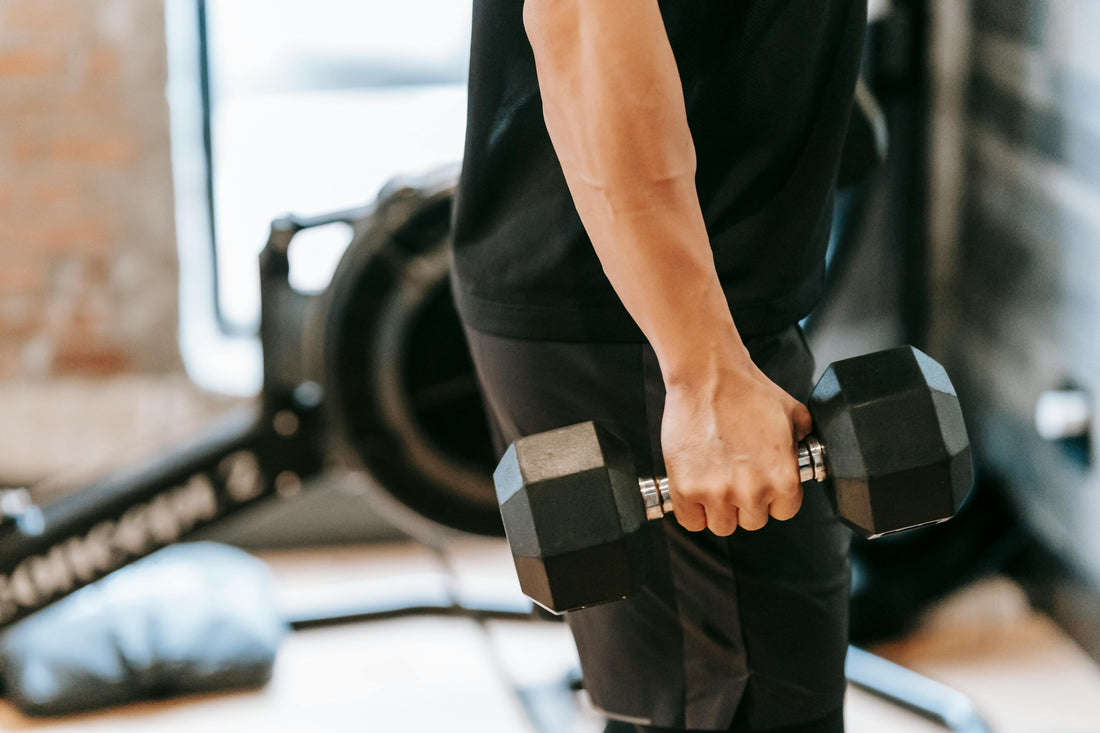
Can Lifting Light Weights Still Build Muscle?
Share
Introduction
When people think of building muscle, they often picture lifting heavy weights. But what if you could achieve similar results by lifting lighter weights — as long as you push yourself close to failure? That’s the idea behind low-load resistance training. It turns out that training with lighter weights until you feel deep muscle fatigue can still help you grow stronger and build muscle.
Why Fatigue Matters More Than Weight
The key to building muscle isn’t just the amount of weight you lift — it’s how hard your muscles work. When you lift lighter weights for more reps and keep going until your muscles are really tired (near failure), your body recruits more muscle fibers, including the powerful ones that usually only activate with heavy loads. This deep fatigue tells your body that it needs to adapt by building more muscle.
How Muscle Growth Happens
Muscle growth, or hypertrophy, depends on your body making more muscle proteins than it breaks down. This happens when you give your muscles a reason to grow — like resistance training. Lifting weights stimulates certain signals in your body that start the muscle-building process. These signals can come from mechanical tension (how much your muscles are stretched), damage to muscle tissue, or the buildup of by-products like lactate during exercise.
Light Weights Can Still Trigger Growth
Even with light weights, training to fatigue causes many changes in the muscle. As your muscles tire, your body increases the effort by calling in more muscle fibers to keep going. This effort leads to a strong signal for growth. Light training done right can increase hormone levels, trigger muscle-repair signals, and activate growth-related proteins in your muscles.
Benefits Beyond Muscle Size
Using lighter weights can be easier on your joints and may reduce the risk of injury. This makes it a good option for beginners, older adults, or anyone dealing with pain or injuries. It’s also a helpful way to change up your training and avoid burnout from always lifting heavy.
What’s the Catch?
The key to success with low-load training is effort. You need to push close to your limit in each set — stopping too early won’t give your muscles enough reason to grow. That means your workouts might take longer and feel more tiring in a different way.
Conclusion
You don’t always need to lift heavy to get stronger or build muscle. Low-load training, when taken close to failure, can offer similar benefits. The real secret is pushing your muscles to work hard — whether you’re lifting heavy or light. So, if you’re looking for a joint-friendly, effective way to grow stronger, lifting lighter weights with high effort might be just the strategy you need.
